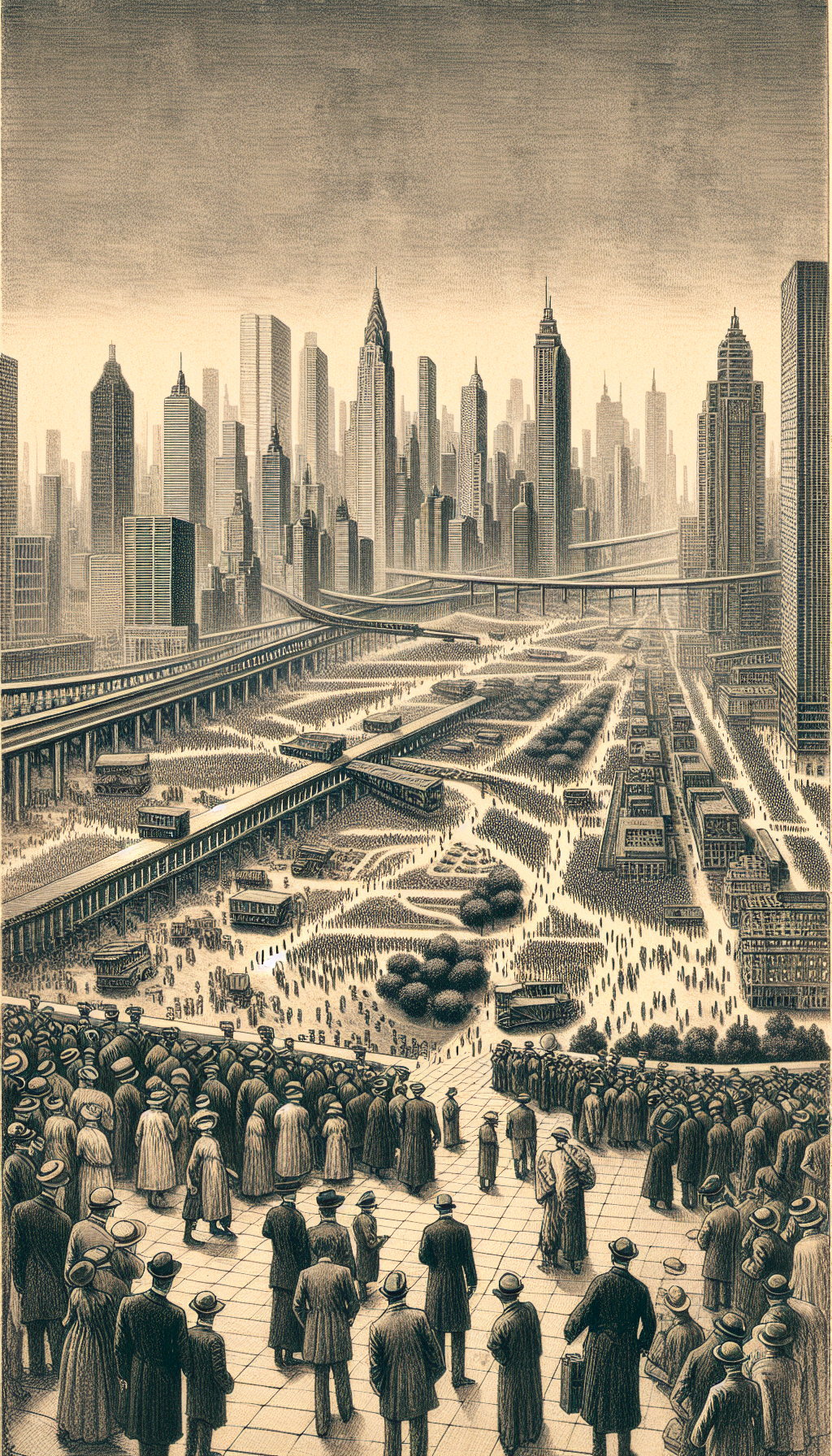It is an arena where policy decisions are made that have a direct impact on the daily lives of residents. From housing and public transportation to environmental factors and quality of life, city politics acts as a pivotal driving force behind the development and prosperity of urban areas.
Firstly, local politics significantly influences housing policies. City councils, mayors, and other local government representatives are tasked with addressing housing issues, which range from homelessness to high rent rates, and from the shortage of affordable housing to urban sprawl. Through zoning laws, building codes, and housing programs, city leaders can ensure that individuals and families have access to safe, quality and affordable housing.

Moreover, they can foster the development of diverse, inclusive neighborhoods that reflect the multifaceted composition of city residents.
Secondly, city politics is at the forefront of promoting sustainable public transportation systems. As urban areas continue to grow and develop, the need for efficient, affordable, and eco-friendly transportation becomes increasingly critical. Local city officials are the ones who get to decide on the types of public transportation systems to invest in, the routes to establish, and the fares to set. These decisions not only affect people’s ability to move around the city but also impact the city’s carbon footprint and residents’ quality of life.
City politics also plays a key role in managing environmental issues at the local level.
Local governments have the authority to implement policies and regulations aimed at reducing pollution, promoting recycling, encouraging the use of renewable energy, and preserving green spaces.
These actions contribute to the creation of sustainable cities that are not only pleasant to live in but also contribute to global efforts to combat climate change.
Moreover, the decisions made at the local political level directly affect the quality of life for citizens. City politics is involved in maintaining public safety, enhancing education, promoting health and wellness, and fostering economic development.
By effectively addressing these issues, local leaders can foster a thriving, vibrant community where residents can live, work, and play.
There’s no doubt that city politics can be complex and challenging. It requires balancing the needs and interests of various stakeholders, making difficult decisions, and navigating bureaucratic red tape. However, when done right, it can transform cities into thriving, sustainable urban spaces that meet the needs of their residents.
Local politics is the backbone of any urban area’s growth and development. It serves as the driving force behind making cities livable, sustainable, and prosperous. By engaging in city politics, residents have the opportunity to shape their communities’ future and contribute to the overall well-being of the city. Therefore, participation in local politics should be encouraged and embraced as a way to make a positive and lasting impact on the cityscape.
Finally, it is crucial to remember that the power of change often begins at the local level. As cities continue to face numerous challenges, local government offers a platform to create sustainable solutions. City politics, in essence, provides the foundation for urban transformation, reflecting the potential of local action to shape the future of our cities. Hence, it is an area that deserves our keen attention and active involvement.